
| Vol 69 | Page 18 |
Privacy Policy | Editorial Policy | Profit Policy | Join the Association | List of Members | Contact us | Index | Links
Back Go to page: 1 2 3 4 5 6 7 8 9 10 11 12 13 14 15 16 17 18 19 20 Forward
DVA Issues.
Contents.
Be Connected, IT literacy and social connection for Seniors.
PBS Safety Net threshold lowered.
The Cooking for One or Two cook-book was originally designed in 2005 by the Queensland Division of Nutrition Australia in conjunction with the Department of Veterans’ Affairs (DVA).
It was updated by the Research Centre for Gender, Health and Ageing at the University of Newcastle and was funded by the Department of Veterans’ Affairs.
Eating right improves your mental outlook, gives you more energy and can even make it easier to manage chronic health conditions. If you're a veteran, you're eligible for support to help make a balanced diet your lifestyle.
You can get a copy of the cookbook HERE.

Veterans and their families can now get anonymous counselling support with new Safe Zone Support. It’s a free, anonymous counselling line for vulnerable veterans and their families who are reluctant to seek mental health care due to concerns about remaining anonymous. This support line will provide mental health care and assist with managing stress, trauma or significant life challenges, with a particular focus on the special forces community.
Veterans and their families can reach it by calling 1800 142 072 - more information on the new service is available online HERE. Safe Zone Support is in addition to the existing Open Arms 24/7 Counselling Line which can be reached on 1800 011 046.
Five new booklets have been developed to support veterans and their families who are Coping with Trauma. These books aim to provide practical information and are designed to provide practical help to veterans and family members who are living with the effects of trauma. The five booklets are free to download via the At Ease website, you can get them here:
The National Commissioner for Defence and Veteran Suicide Prevention.
The veteran community has welcomed the recent announcement of a powerful new independent body (see below) which will be created to investigate all suspected veteran and Australian Defence Force (ADF) suicides and causes to help save lives. The National Commissioner will have the enduring power, scope and resources to investigate suicides and related issues as they arise, rather than being restricted by a one-off review looking at past practices.
Veterans Health Week – October 2020
Veterans’ Health week will be held from October 24 – 1 November 2020. This year the theme will be Social Connection – Start a conversation at your veteran organisation and consider planning an event. Funding of $720 per event available from DVA to support your initiative.
The Commemorative Grants Program offers funding to assist local communities in honouring the service and sacrifice of Australia’s service personnel, use THIS link to find out more information.
Ten TIPS for successful grant applications:
-
Register for alerts and never miss a closing date – go to www.communitygrants.gov.au
-
Read the Guidelines – even if you have applied before. They may have changed. Tailor your application to meet criteria.
-
Don’t apply for things that are not eligible under the guidelines.
-
Know your Organisation’s grant history – acquittals, active grants, your Organisation ID number.
-
Include enough detail in your project plan – who, what, where, why, when.
-
Include enough detail in your budget breakdown – particularly for high cost items
-
Include a needs analysis - explain what community need you are meeting and how you consulted with veterans and ex-service groups.
-
Make sure veterans and their families are the main target group for your project
-
Know attachment limits and accepted file types, as outlined in the guidelines. Attach necessary documents.
-
Allow plenty of time for the assessment process.
Information on Open Arms program for January to June 2020 can be accessed HERE or you can contact Open Arms if you have a group of interested people and would like to organise a program in your area. Open Arms offer a range of group programs to assist the serving and ex-serving community, as well as their families to live their best life. Call 1800 011 046 to speak with an Open Arms staff member for assistance in finding the right program for you. The range of group activities include group treatment programs, relationship retreats and suicide intervention education workshops.
Be Connected – IT Literacy and social connection for Seniors.
Be Connected offers a simple, affordable and flexible program for groups to provide computer training with a focus on people over 50. If your organisation has members who struggle with technology, then this is for you. The model allows groups to join their network, train mentors, and provides free training modules to guide learning sessions. Once you have joined the network, there is also a grant program of ‘activation’ grants of up to $2,000 to get networks started with purchase of items like printers, laptops and venue hire. It’s simple to join and apply for. For more information go HERE or call 1300 795 897.
If you simply want to find online learning resources to get started with computer basics ranging from how to turn a computer on to online shopping and hobbies visit their website for topics and training locations HERE
Our thoughts go out to all of those across the Nation who have been affected by bushfires and floods over the past few months. DHS (Centrelink) is the primary Federal Government agency for responding to disasters. National support services include:
Disaster Recovery Payment – The Australian Government Disaster Recovery Payment (AGDRP) provides one-off financial assistance to eligible Australians adversely affected by the bushfires. The rate of AGDRP is $1000 per eligible adult and $400 per eligible child. Claims for this payment can be lodged with the Department of Human Services for a period up to six months. AGDRP is available for people who have been seriously injured, have lost their homes or whose homes have been directly damaged, or are the immediate family members of a person who has died, as a direct result of the bushfires.
For more information on eligibility, visit the Department of Human Services website or contact the Australian Government Information Hotline on 180 22 66 for claims assistance.
The Defence Service Homes Insurance Scheme - can be contacted on 1300 552 662 (24 hours or emergencies) or email insurance@dva.gov.au (email response during normal business hours). Clients should provide their name, policy number and brief details of the damage.
Veterans, their families and clients of DVA requiring emergency counselling support can receive this through Open Arms by calling 1800 011 046 (24hrs). Veterans may also apply for DVA Crisis Payments – see HERE - dependent on eligibility, or access Lump Sum Advance Payments from their pensions.
Other support services include: Disaster Welfare Assistance Line - 1800 018 444
Veteran Benefits Australia partners with service providers Australia-wide to make sure our Aussie veterans get the benefits they are entitled to. DVA Gold and White Card holders are entitled to a number of Fully-Funded (FREE) services that can help improve their general health and wellbeing. These services include
-
Fully-Funded Exercise programs that includes one on one training with a university qualified exercise physiologist
-
Fully-Funded Physiotherapy treatment from qualified professionals
-
Fully-Funded Nutrition programs to educate you on what you are eating and what you should be eating.
And much more!
Exercise Programs
All the programs are designed by a professional team to fit your specific needs and abilities. Programs include hands on training with a university qualified exercise physiologist. They tackle:
-
Chronic disease
-
Mobility and strength
-
Weight management
-
Injuries
-
Diabetes
-
And more!
Click HERE to find out more information!
Physio Treatment.
Physiotherapy uses physical techniques to improve your movement, reduce your pain and stiffness, speed up your healing process and increase your quality of life. All treatment is performed by qualified professionals to make sure they provide the best results possible for you.
Click HERE to find out more information!
Nutrition Programs.
All the nutrition programs are designed by a professional team to fit your specific needs and abilities. They also offer:
-
In-home cooking demonstrations
-
In-home consultations
-
Comprehensive nutritional analysis
-
Shopping tours
-
Anthropometric assessment
Click HERE to find out more information!
For more information on these services and to find out what else you may be entitled to visit HERE and check out the newest feature that allows you to search by keyword or category to find out what your DVA Gold or White Card gets you!
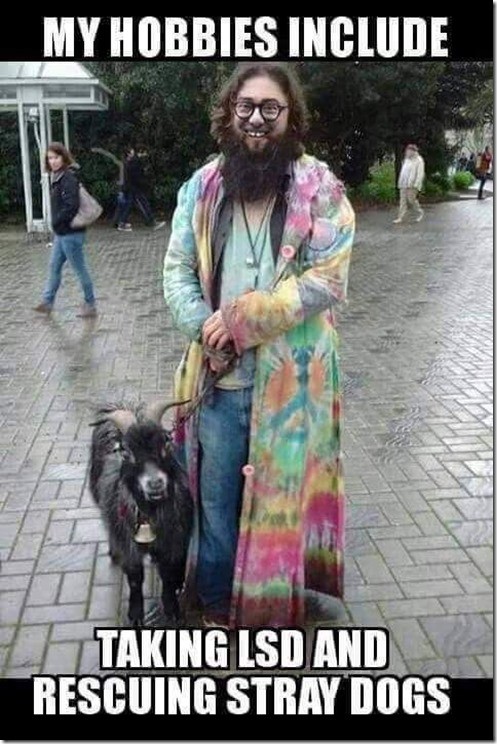
PBS Safety Net threshold lowered – 1 January 2020.
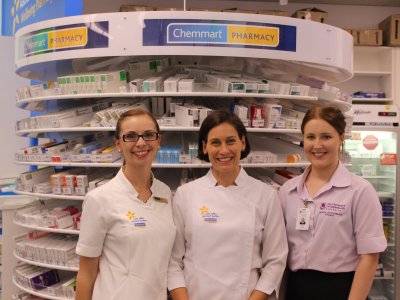
From the 1st January 2020, the PBS Safety Net thresholds have been lowered:
-
from $390.00 to $316.80 for concessional patients
-
from $1550.70 to $1486.80 for general patients.
As a result of these changes concessional patients/families require 12 fewer PBS scripts filled each year in order to reach the safety net. For more information on the Safety Net and the lower thresholds, visit the Department of Human Services website HERE.
Pharmacists will need to apply the lower threshold amounts when issuing Safety Net entitlement or concession cards.
What are the current patient fees and charges?
The co-payment is the amount you pay towards the cost of your PBS subsidised medicine. Many PBS medicines cost significantly more than the co-payment amount. From the 1st January 2020, you may pay up to $41.00 for most PBS medicines or $6.60 if you have a concession card. The Australian Government pays the remaining cost.
Since 1 January 2016, pharmacists may choose to discount the PBS patient co-payment by up to $1.00. This is not mandatory and it is the pharmacist’s choice whether or not to provide a discount. The option to discount the co-payment does not apply for prescriptions which are an early supply of a specified medicine.
The amount of co-payment is adjusted on the 1st January each year in line with the Consumer Price Index (CPI).

Powerful new body to tackle ADF and veteran suicides.
A powerful, new independent body will be created to investigate all suspected veteran and Australian Defence Force (ADF) suicides and causes to help save lives. The Morrison Government will establish a permanent National Commissioner for Defence and Veteran Suicide Prevention.
Prime Minister Scott Morrison said the independent Commissioner would
also have the power to compel witnesses to give evidence. “This is about
being forever vigilant for the care and well-being of our veterans,” the
Prime Minister said. “Those veterans and all serving men and women
protect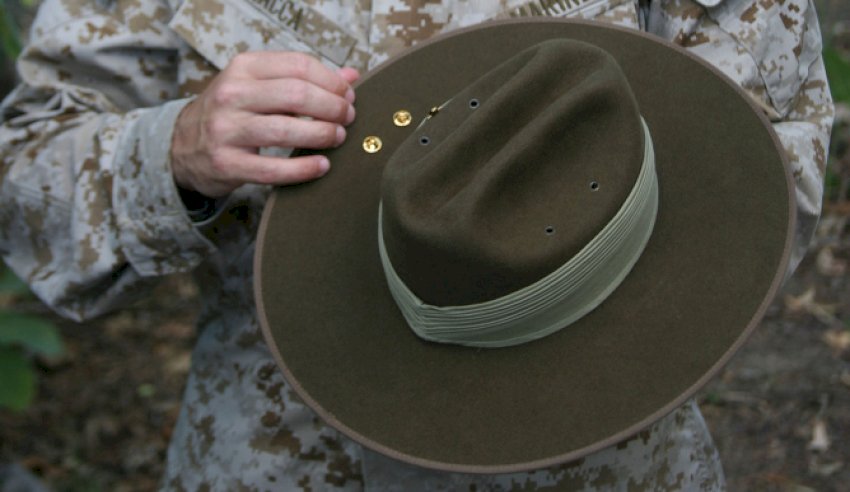 our community and our freedoms. It is our duty to do the same for them.
“I have thought long and hard about the best response to this issue. I
have spoken to veterans right across Australia and I have met with their
families and also local, state and national organisations. “I believe
what we have developed addresses the needs of those veterans, their
families and our serving men and women.
our community and our freedoms. It is our duty to do the same for them.
“I have thought long and hard about the best response to this issue. I
have spoken to veterans right across Australia and I have met with their
families and also local, state and national organisations. “I believe
what we have developed addresses the needs of those veterans, their
families and our serving men and women.
“We will be permanently vigilant about their welfare.”
The National Commissioner for Defence and Veteran Suicide Prevention will be empowered to perform two roles:
-
The Commissioner will be an independent and permanent public accountability body, with the same powers of a Royal Commission to compel the production of evidence and summon witnesses, and make findings and recommendations to Government.
-
The Commissioner will also provide an ongoing investigative function of individual cases of suicide, working with each state and territory coronial office, making recommendations to Government.
The Government will invest an initial $40 million to support the Commissioner’s work and this will be expanded to ensure they have whatever resources they need. The Government will also establish an immediate, independent review of historical veteran suicide cases, conducted by the Commissioner, focusing on the impact of military service and veterans’ post service experience.
An interim report will be delivered within 12 months. Families will be engaged in this process if they wish, with an opportunity to participate and tell their stories openly and safely. The Australian Institute of Health and Welfare and the Australian Commission on Safety and Quality in Health Care, along with coronial and legal experts, will provide technical expertise in support of this work.
Minister for Veterans and Defence Personnel Darren Chester said the Commissioner would also deliver an Annual Veteran and Defence Suicide Death Report to the Parliament. “This will be a transparent report directly to the Parliament on an annual basis on suicides within the defence and veteran community, including an update on the implementation and evaluation of measures to reduce suicide risk factors,” Mr Chester said.
“The Government is committed to ensuring ADF members, veterans and their families have access to the right support, at the right time, especially those who are vulnerable or at risk.” Minister for Defence, Senator the Hon Linda Reynolds CSC said the Chief of the Defence Force and each Service Chief was committed to being open and transparent, to support improved health outcomes for ADF personnel and veterans. “The mental health and wellbeing of our vets and Defence Force members is an issue of national and enduring importance.
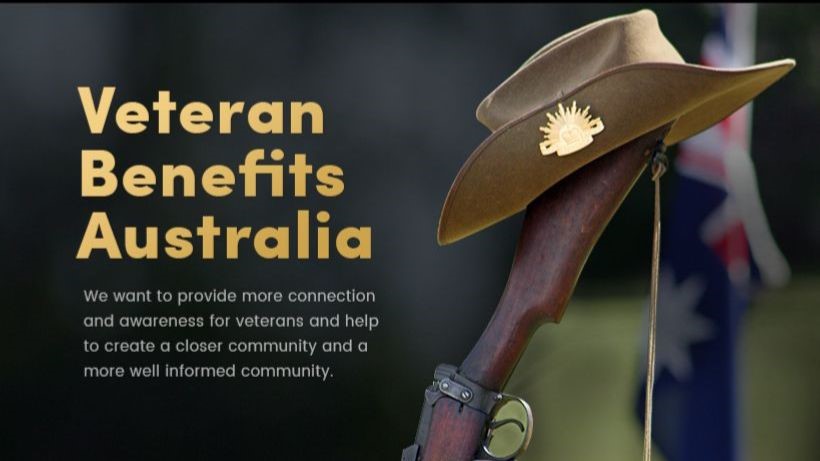
“These comprehensive measures have been developed with a very clear focus on finding the most effective and practical ways of better identifying, preventing, understanding and acting on suicide and suicide risks among our vets and service men and women.” A Veteran Family Advocate will also be appointed to directly engage with the families of veterans, to improve the design of all veteran programs and services, including mental health supports and services.
“The new Veteran Family Advocate will focus on mental health and suicide prevention, and contribute to our understanding of risk factors relating to the wellbeing of veterans and their families, particularly during transition from the ADF,” Mr Chester said.
“The Advocate will represent the views of veterans and their families by engaging and advocating to help shape policy and the administration of veteran benefits and support. “We want to assure defence and veterans’ families that help is available now and it can make a difference. Open Arms – Veterans and Families Counselling provides support and counselling to current ADF members, veterans and their families and can be contacted 24/7 on 1800 011 046.”
Replacements for medals lost or destroyed.
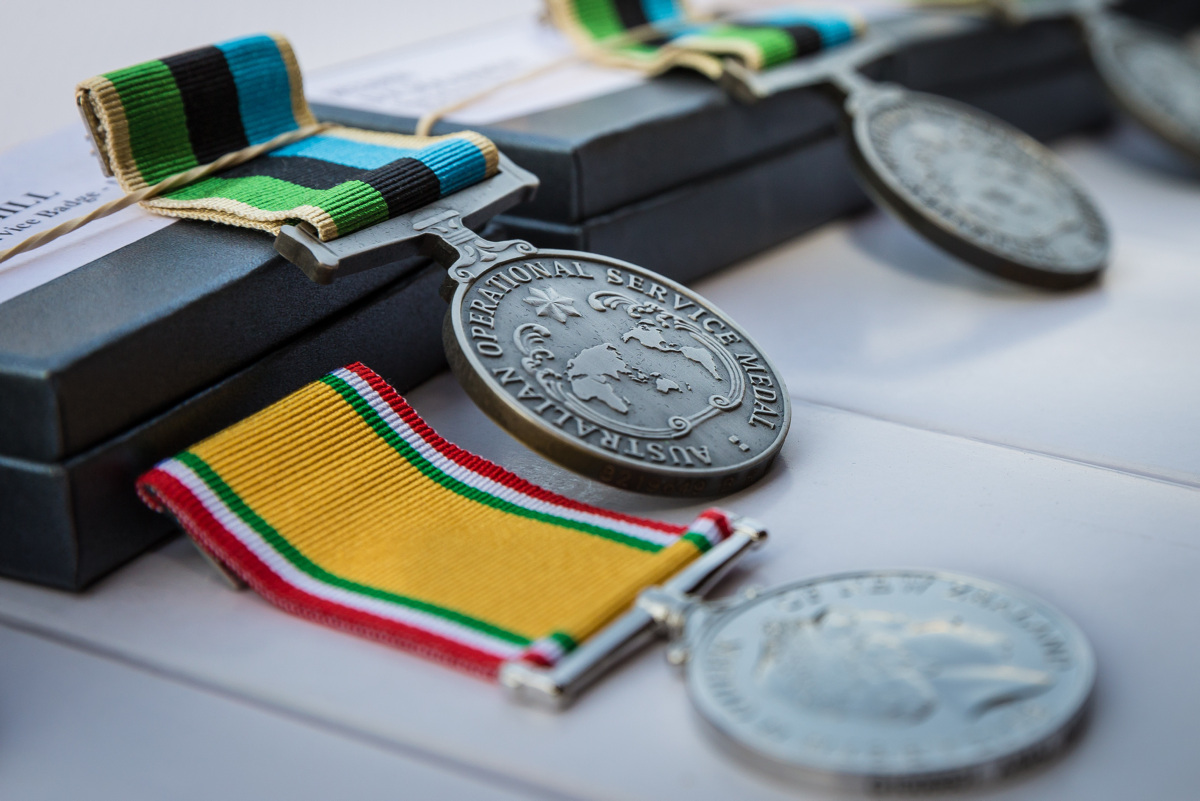
Medals that were lost or damaged in the bushfires may be replaced under the Defence Honours and Awards Replacement Medal Policy.
Current and ex-serving members of the Australian Defence Force are entitled to one replacement set of medals. Holders of a deceased family member’s medals are also entitled to receive one replacement set, provided that replacements have not already been issued. Even if you do not know exactly what medals were lost or damaged, as long as you have the original recipient’s full name and date of birth, Defence can fulfil the request.
To apply for replacement medals, please visit www.defence.gov.au/medals and complete the Defence Medals Online Application Form, selecting Replacement Medals as the application type.
Replacement medals cannot be issued if any compensation for their loss or damage has already been received via insurance claims. You can buy replica medals from a range of sources such as coin and medal dealers.
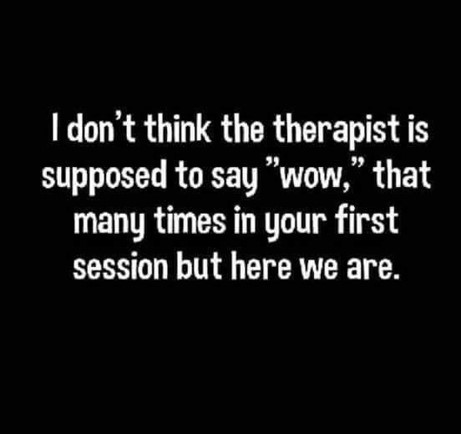
On the 24th March, the Australian Government has recently announced two economic stimulus packages.
First payment
-
The first is a $17.6 billion stimulus package, including a one-off $750 payment to those who receive certain DVA benefits, including:
-
Service Pension, Partner Service Pension, Income Support Supplement or Veteran Payment
-
Disability Pension
-
Special Rate Disability pension
-
Permanent Impairment compensation
-
War Widow(er)’s Pension or Wholly Dependent Partner payment
-
Gold Cards, Commonwealth Seniors Health Cards and Pensioner Concession Cards
-
DVA Education Schemes, where recipients are aged 16 and over
-
Age or Wife Pension paid by DVA.
These payments will be made automatically to eligible people’s nominated bank accounts from 31 March 2020 to people who will have been on one of the eligible payments any time between 12 March 2020 and 13 April 2020.
There is no need to lodge a claim, but you should ensure that DVA has your correct bank details and address. To make sure your details are correct, log in to MyService or call DVA on 1800 555 254.
Second payment
The Government released the second stage of its economic plan (see HERE) to cushion the economic impact of the coronavirus and help build a bridge to recovery. In addition to the first stimulus payment, the Government will provide a further $750 payment to social security recipients and those receiving the above DVA benefits. However, it will not be payable to those who receive the Coronavirus supplement, which is an additional $550 per fortnight on top of social security payments such as JobSeeker Payment.
This second payment will be made automatically from 13 July 2020.
Please routinely check www.dva.gov.au for up to date information on the stimulus payments.
Clients who receive income support payments from DVA will soon benefit from changes to the way financial assets are assessed, thanks to changes to deeming rates.
Financial assets include bank accounts, shares and managed funds. A financial asset is deemed to earn a set rate of return, regardless of how much interest a financial asset actually earns. Deeming rates are set by the Minister for Social Services.
On 22 March, the Prime Minister Scott Morrison announced a second cut to deeming rates. This will mean that the deeming rate will decrease from 1.0% to 0.25% for financial investments up to $51,800 for singles and $86,200 for couples. It will be cut from 3.0% to 2.25% for investments over these amounts.
For example, if you have a bank account with a balance of $5,000, it is currently deemed to earn 1.0% interest. It will soon be deemed to earn 0.25% interest, reducing your assessed income and potentially increasing your pension amount.
The deeming rates reduction takes effect from 1 May 2020. You don’t need to do anything. If you have deemed income, DVA will automatically apply the new deeming rates.
Open Arms Support.
-
Open Arms is available 24/7 if you need someone to talk to – just call 1800 011 046
-
Open Arms centres remain open. Open Arms is classified by Government as a critical function, and as such, will continue to provide support to our veteran community. The Open Arms national workforce is able to work from home with minimal disruption to services. Clinicians will continue to provide counselling to clients, either by telephone or online video platforms.
-
Group Treatment Programs are postponed. Unfortunately, Group Treatment Programs, Suicide Prevention Training and Residential Programs have had to be postponed until further notice. Open Arms are moving to a fully online model for these programs (where possible). If you’re enrolled in one of these programs, Open Arms will contact you to offer you one-on-one support.
-
Additional information is available online
-
The Open Arms website (www.openarms.gov.au) has been updated with additional self-help resources – including information on talking to children, coping techniques and staying connected while social or physical distancing.
DVA Support
-
DVA is still providing critical support and services. DVA is working with the rest of the Government to ensure critical support and services remain available during COVID-19. DVA staff are still available via the General Enquiries line on 1800 555 254, or you can lodge an enquiry online.
-
Telehealth’ services. ‘Telehealth’ services are available to eligible veterans to allow them to receive medical services via telephone or video conferencing instead of face-to-face. Further, older and at-risk veterans, or those in self-isolation, can access shopping provided via Veterans’ Home Care. More information can be found on the DVA website (www.dva.gov.au/newsroom/latest-news-veterans/telehealth-and-medicine-delivery).
-
Additional payments to veterans and their families. The Government has recently announced two economic stimulus packages that may affect you:
-
A one-off $750 payment to those who receive certain DVA benefits. Payments will be made automatically from 31 March 2020.
-
In addition to the first payment, a further $750 payment will be made to social security recipients and those receiving certain DVA benefits. However, it will not be payable to those receiving the Coronavirus supplement (an additional $550 per fortnight on top of social security payments such as JobSeeker Payment). This second payment will be made automatically from 13 July 2020. There is no need to lodge a claim, but you should ensure that DVA has your correct bank account details and address. To make sure your details are correct, log in to MyService or call DVA on 1800 555 254.
-
More information about these payments (as well as any further payments that may become available) is available on the DVA website.
Information on COVID-19
-
Australian Government websites. The most reliable source of information about COVID-19 is the Australian Government Coronavirus website or the Department of Health website. These websites are updated daily with help and advice.
You can also call the National Coronavirus Helpline on 1800 020 080 for information 24/7
Take care and kind regards
Jamie-Lee Mazlin
Assistant Director
Transform, Engage, Design
Business Support Services Division
Department of Veterans’ Affairs
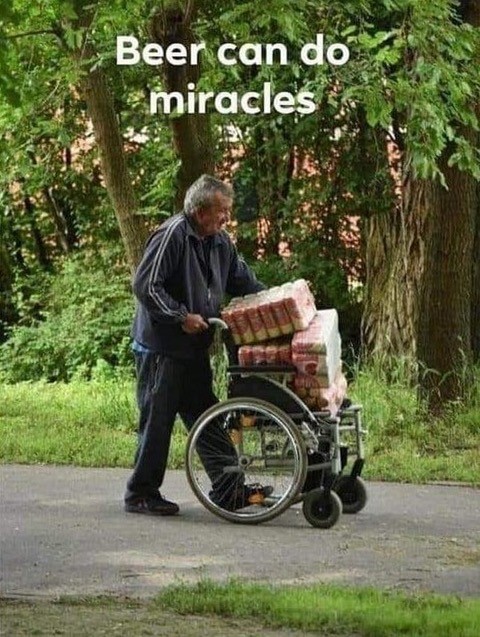
Back Go to page: 1 2 3 4 5 6 7 8 9 10 11 12 13 14 15 16 17 18 19 20 Forward